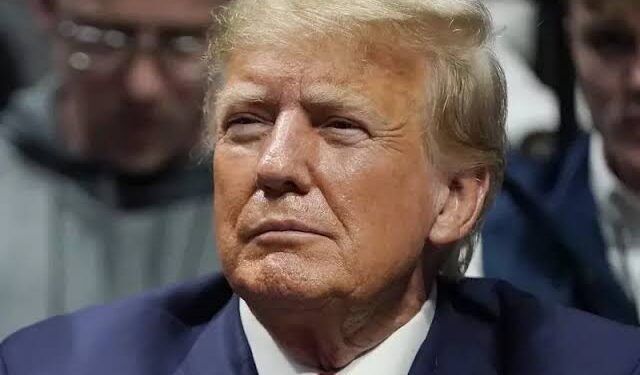The United Auto Workers Union (UAW) has taken a dramatic step by filing federal labor charges against former President Donald Trump and Tesla CEO Elon Musk. This action follows a two-hour discussion between the two on the social media platform X, where they conversed about workers’ rights and strikes.
During the talk, Trump complimented Musk on his apparent willingness to fire striking employees, calling him “the greatest cutter,” and hinted that Musk’s strategy for dealing with strikes entails firing employees outright. This statement aligns with a broader pattern of aggressive rhetoric against labor actions, raising significant concerns among labor advocates.

In its complaint, the UAW primarily claims that remarks made by Musk and Trump amount to an unlawful attempt to threaten and intimidate employees who are exercising their right to strike. The National Labor Relations Act, which is a federal law, provides explicit protection for workers and forbids employers from taking adverse action against employees who participate in strikes. By potentially undermining these protections, Trump and Musk’s remarks could be seen as an attempt to erode labor rights and suppress collective bargaining.
Additionally, the timing of the UAW’s action is notable. The union recently endorsed Vice President Kamala Harris for the 2024 presidential election, reflecting a broader political and labor alignment. Harris’s support for labor rights and her recent engagement with union members near Detroit might be influencing the UAW’s decision to highlight what it views as threats to worker protections. This endorsement might further highlight the union’s election strategy and emphasize its commitment to protecting workers’ rights in a contentious political climate.
Overall, the UAW’s action highlights the conflict that exists between supporters of workers’ rights and prominent individuals who are thought to be undermining those rights. It also draws attention to the continuous fight to preserve strong worker protections in the face of shifting political and economic environments.

















